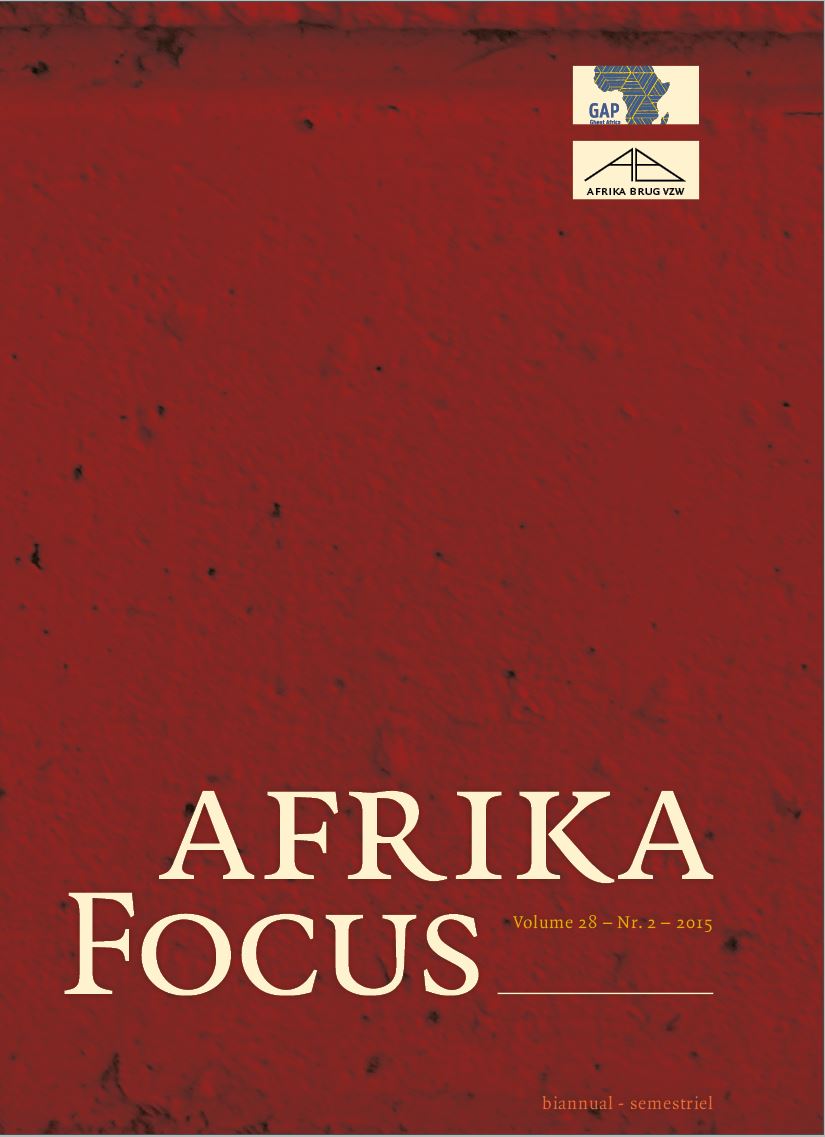The murder of Burundi’s prime minister, Louis Rwagasore
DOI:
https://doi.org/10.21825/af.v28i2.4874Abstract
On July 1, 1962, Burundi was granted independence. Less than nine months before, on October 13, 1961, the newly elected prime minister, prince Louis Rwagasore, son of mwami Mwambutsa, king and head of state of Burundi, was murdered, sixteen days after he had been sworn in. A few weeks before that, his party, Uprona, had won a landslide victory in Burundi’s first parliamentary elections. The murderer, a Greek citizen, Jean Kageorgis, who had lived in Burundi for many years, was arrested, sentenced to death and executed on the eve of independence. Under Belgian rule, three of his accomplices and five persons involved in the conspiracy were convicted and given jail sentences. After a thorough study of the archives of the Belgian Foreign Affairs Ministry the author’s conclusion is that important elements pointing to the involvement of the Belgian authorities, Belgium being granted a UN trusteeship to govern the country before independence, were almost completely overlooked in the investigation and at the trial itself. The judiciary neglected oral testimonies and written documents, refrained from questioning people who might have been implicated in the affair and did not examine facts that might have shed light on the motives and the background of the accused. One cannot but infer that the investigation and the trial were characterized by a clear lack of seriousness. On top of that, it is striking that the then king Baudouin, referring explicitly to Belgian involvement in the affair, made considerable efforts to grant a pardon to the murderer and commute his death sentence to life-long incarceration. Taking all those elements into account, it would seem reasonable that the inquiry be reopened. The establishment of a parliamentary commission, similar to that which investigated Belgian responsibility in the Lumumba murder case, would be an appropriate framework. Up to now there has been no official reaction to the book the author published recently. He concludes it is time that Belgium deals with this episode of its colonial past. Key words: King Baudouin, Belgium/colonial rule, Burundi, colonialism, Jean-Paul Harroy, Patrice Lumumba, Raymond Scheyven, Roberto Regnier, Robert Scheyven, Ruanda-Urundi, Louis Rwagasore, Paul-Henri SpaakDownloads
Published
How to Cite
Issue
Section
License
Authors who publish with this journal agree to the following terms
Authors retain copyright and grant the journal right of first publication with the work simultaneously licensed under a Creative Commons Attribution License that allows others to share the work with an acknowledgement of the work's authorship and initial publication in this journal.
Authors are able to enter into separate, additional contractual arrangements for the non-exclusive distribution of the journal's published version of the work (e.g., post it to an institutional repository or publish it in a book), with an acknowledgement of its initial publication in this journal.
Authors are permitted and encouraged to post their work online (e.g., in institutional repositories or on their website) prior to and during the submission process, as it can lead to productive exchanges, as well as earlier and greater citation of published work (See The Effect of Open Access).


